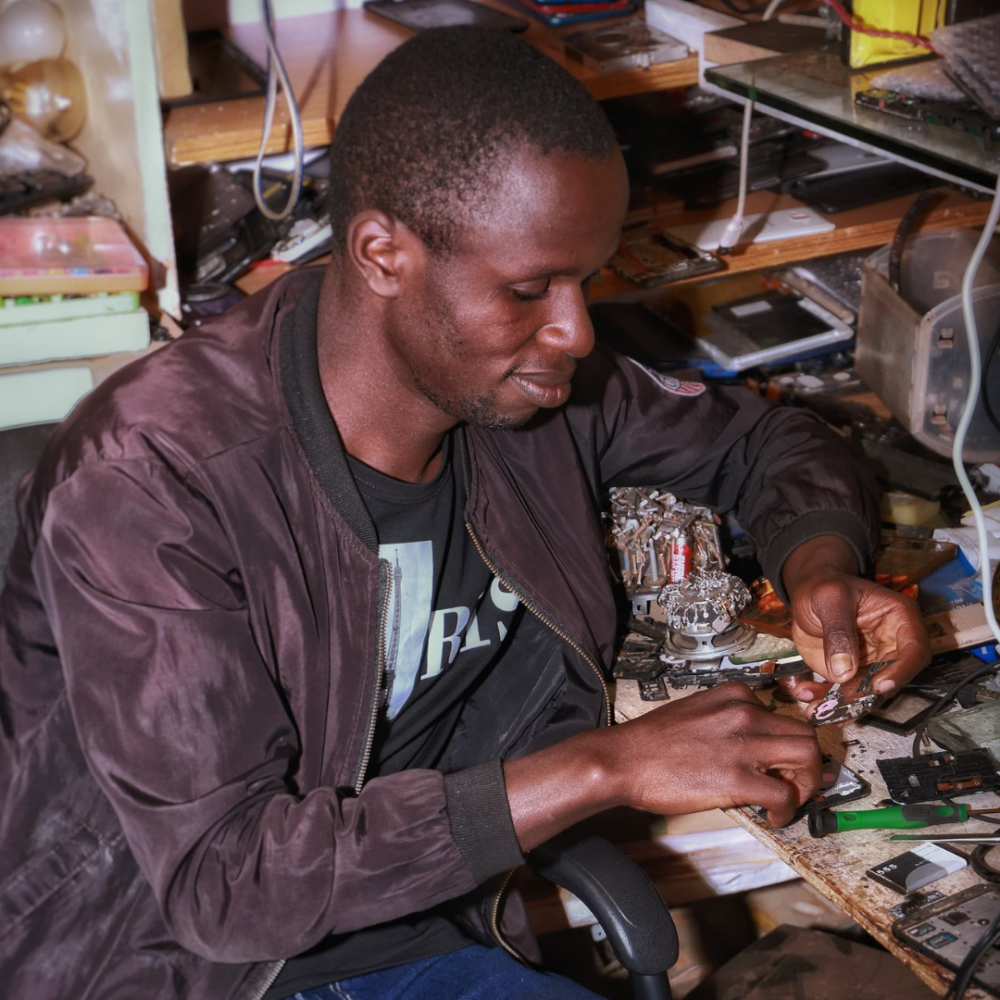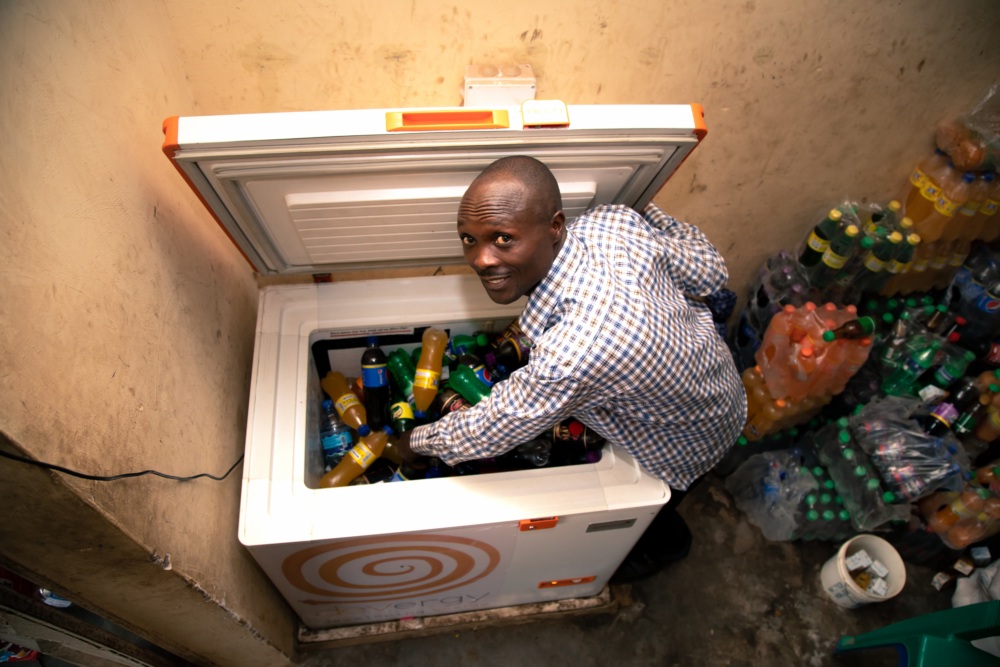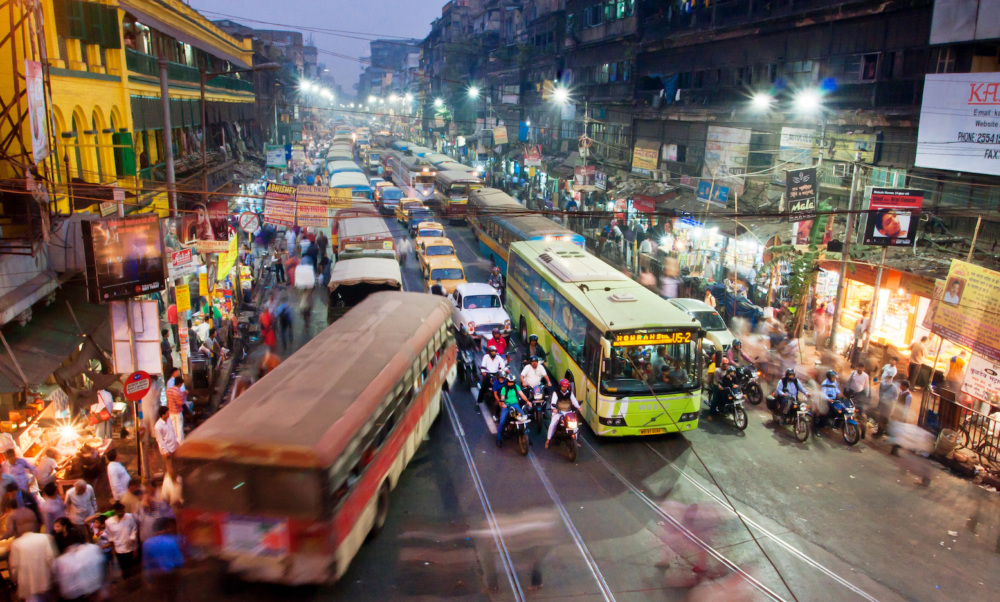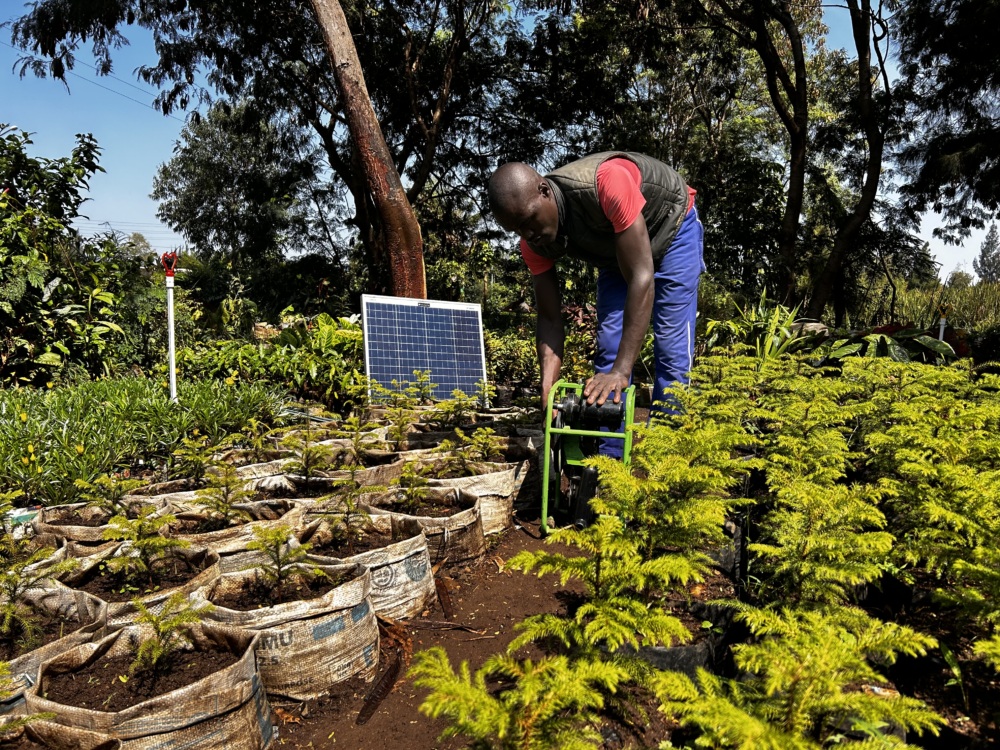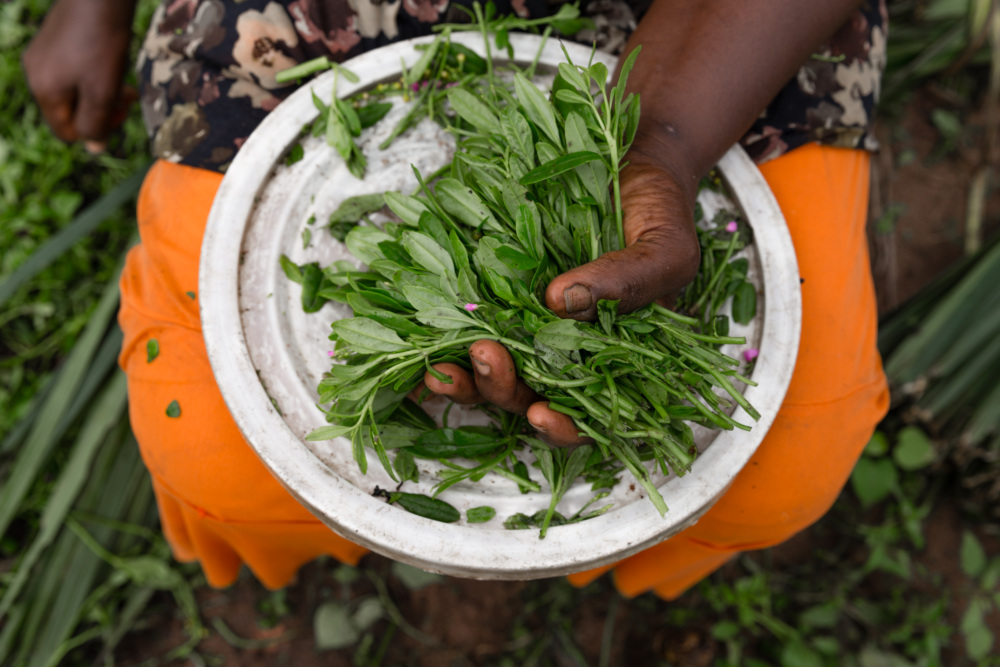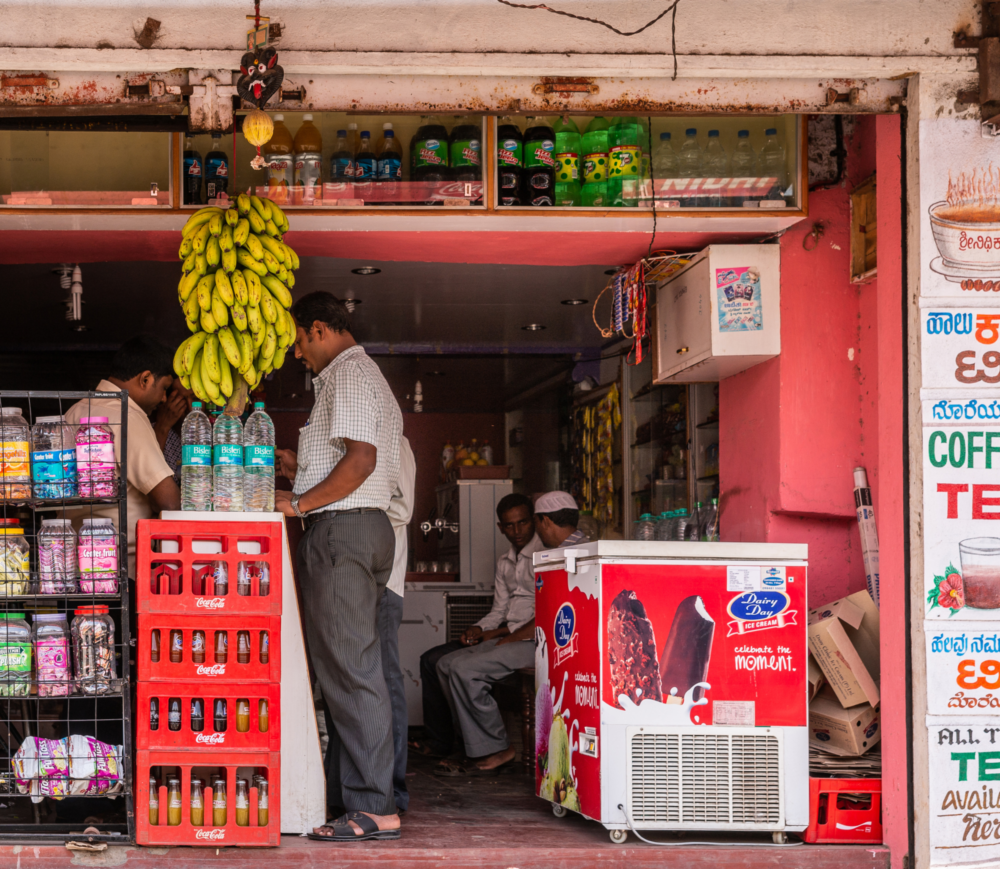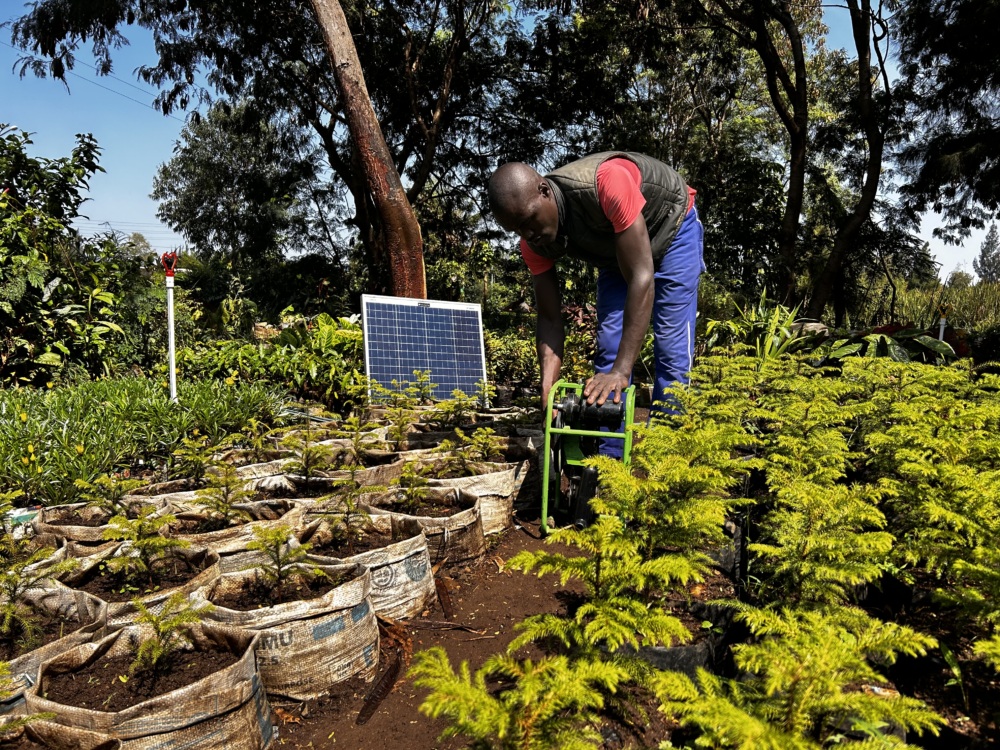Resilient Appliances for Resilient People and Planet
Summary
This whitepaper explores the underrated yet critical application of quality assurance in developing and identifying climate-resilient solar appliances, thereby building communities’ resilience against climate-related risks.
Our latest whitepaper, Resilient Appliances for Resilient People and Planet, explores the underrated yet critical application of quality assurance in developing and identifying climate-resilient solar appliances, thereby building communities’ resilience against climate-related risks.
In 2022, the number of people without access to energy rose for the first time, and climate change threatens to de-rail ongoing efforts. High-performing, solar-powered appliances suitable for resource-constrained settings have the dual advantage of delivering energy access to some of the most vulnerable communities that are often disconnected from the grid, while also building their resilience to climate risks like high temperatures, water scarcity and natural disasters. However, not all appliances are created equal. Only high-performing, durable and energy-efficient appliances can maximise climate resilience.
This whitepaper unpacks dimensions of quality that are important to measure and assess, such as safety, performance, durability or repairability and ease of handling e-waste. It then maps how these quality metrics can fortify products in the face of specific climate risks.
By disseminating this message on the importance of quality assurance, and supporting quality assurance programs like VeraSol, the off-grid solar sector can help ensure that life-saving appliances not only reach bottom-of-the-pyramid customers but also reliably help them withstand global climatic challenges.
Download the whitepaper here: Resilient Appliances for Resilient People and Planet
About Efficiency for Access
Efficiency for Access is a global coalition working to promote renewable and energy efficient appliances to deliver clean energy to the world’s poorest people. It is coordinated jointly by CLASP and the UK’s Energy Saving Trust.

